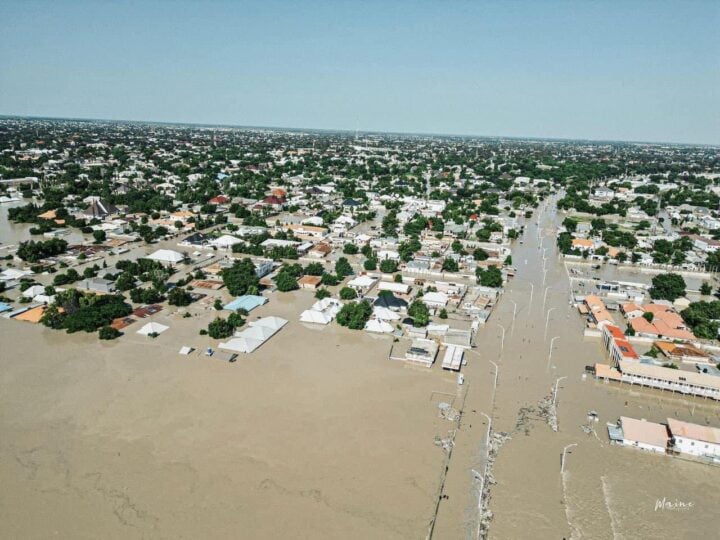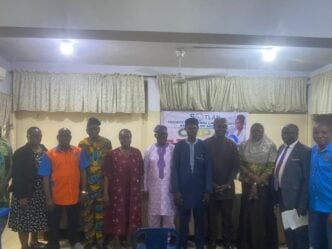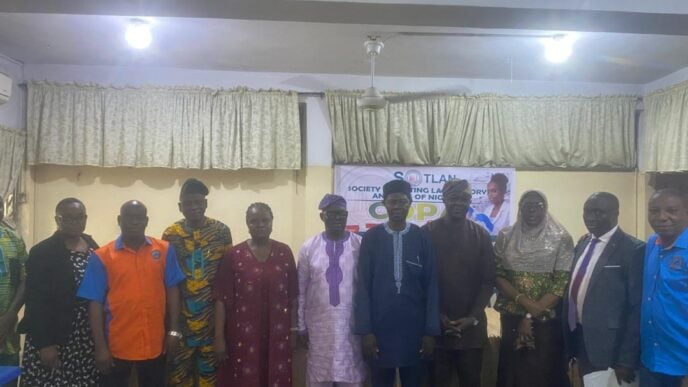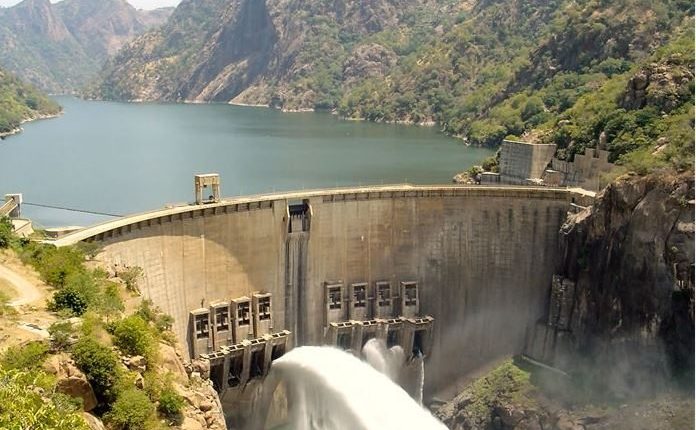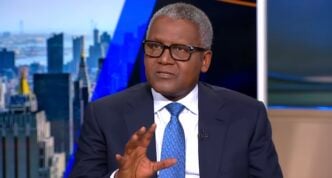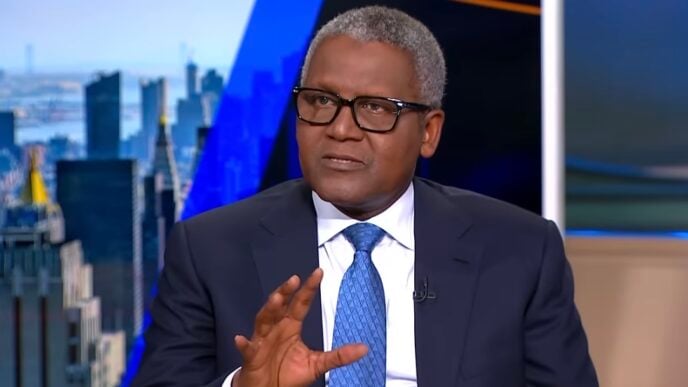Climate change directly affects our communities, health, and livelihoods.
Yet, media coverage often prioritises politics and business over climate-related stories, leaving crucial environment news under-reported.
Climate Watch seeks to bridge this information gap, ensuring that important climate change stories and mitigation efforts stay on your radar.
Here is a round up of last week’s climate stories:
Advertisement
- The federal government has unveiled a National Flood Insurance Policy (NFIP) to curb the economic and social toll of flood-related disasters across Nigeria. The policy was announced during a technical committee meeting (TCM) in Abuja on June 26. Mahmud Kambari, permanent secretary at the ministry of environment, said the NFIP marks a strategic shift from emergency relief to proactive and sustainable flood risk management.
- “The time has come to shift from reactive responses to proactive and sustainable flood risk management. The establishment of a National Flood Insurance Programme as outlined in Section Four of the National Erosion and Flood Control Policy (NEFCOP) is central to this strategy,” Kambari said.
- According to him, the NFIP will serve as a financial safety net for individuals, businesses, and communities, allowing quicker recovery from flood-induced losses and enhancing long-term resilience.
- He added that the technical committee will define clear timelines, assign roles, and develop monitoring mechanisms for effective implementation.Also speaking at the event, Rukayat el-Rufai, special adviser to the president on National Economic Council and Climate Change, highlighted the urgency of prioritising flood insurance as a preparedness mechanism.“Insurance is not something to be done after disaster strikes. It is a preparedness mechanism, an anticipated action. Contributions must be made in advance to create a fund for emergencies,” she said.She noted that agrarian communities along the River Benue, River Niger and their tributaries suffer extensive losses to seasonal flooding. “We can only estimate the trillions of naira lost to flooding in recent years — losses to farms, properties, and lives. While lives cannot be quantified in naira, we can protect the most vulnerable from financial ruin,” she said.
El-Rufai noted that most existing insurance policies bundle flood coverage into broader packages that often fail to meet the unique challenges posed by flood disasters. She called for standalone flood insurance products that offer more tailored and comprehensive protection.
-
Simon Stiell, executive secretary of the United Nations Framework Convention on Climate Change (UNFCCC), says countries must “go further, faster, and fairer” in the fight to limit global warming.
-
Speaking at the end of the two-week negotiations in Bonn, Stiell acknowledged strides made in areas such as the just transition work programme, gender, national adaptation plans (NAPs), and the UAE dialogue on transparency. He noted that other aspects, including response measures and the technology implementation programme had stalled.
-
The UN chief called on leaders and ministers to “roll up their sleeves” and make tough decisions ahead of COP30. Read more here.
Advertisement -
Vice-President Kashim Shettima has called on world leaders to adopt tailored and practical solutions to respond to their unique ecological conditions. Speaking at the launch of Ethiopia’s green legacy initiative (GLI) in Addis Ababa, Shettima said climate change is not a theoretical problem but a real threat that demands immediate and context-specific responses. The vice-president urged countries not to adopt generic global approaches that may not suit their circumstances. Read more here.
